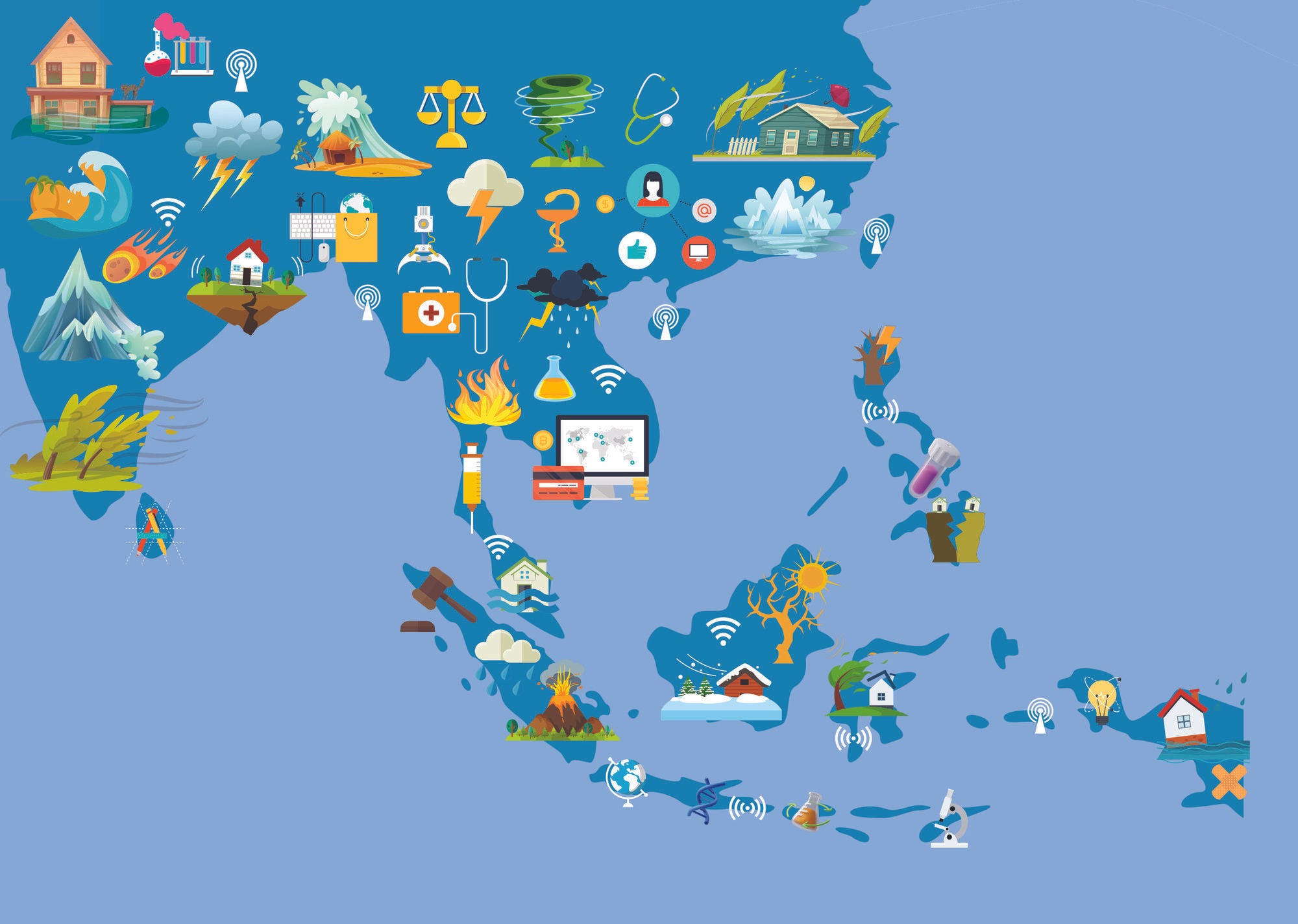Indonesia is located in one of the world’s richest regions in terms of ocean resources, as well as one of the most affected ones from increasing pollution and degradation of marine ecosystems. Ocean-based sectors - such as fisheries, marine aquaculture and tourism - have contributed to the country’s economic dynamism over the past two decades. The impacts from COVID-19, however, are laying bare the need for Indonesia to enhance the resilience and sustainability of its ocean-based sectors as a way to set more solidly on a path of sustainable and inclusive development. This Sustainable Ocean Economy Country Diagnostics of Indonesia provides a compass for understanding the complexity of Indonesia’s ocean economy and for enhancing the economic, social, and environmental benefits from a more sustainable ocean economy. It focusses on three analytical pillars: (i) Economic trends of Indonesia’s ocean economy; (ii) Governance frameworks and policy tools to foster a more sustainable ocean economy; and (iii) Financing instruments and flows, with a focus on development finance. This Sustainable Ocean Economy Country Diagnostics of Indonesia is part of the OECD Sustainable Ocean for All Initiative, designed to support developing countries address the increasing pressures on marine and coastal ecosystems (e.g. from pollution, over-fishing, climate change, etc.) and chart a new course for sustainable development through the conservation and sustainable use of ocean and coastal resources.
Sustainable Ocean Economy Country Diagnostics of Indonesia
Working paper
OECD Development Perspectives

Share
Facebook
Twitter
LinkedIn
Abstract
In the same series
-
 22 November 2023
22 November 2023 -
 14 November 2023
14 November 2023
Related publications
-
 21 November 2024
21 November 2024 -
 25 October 2024
25 October 2024






